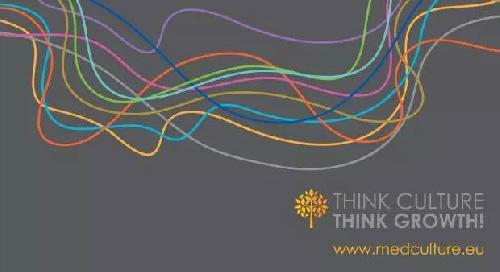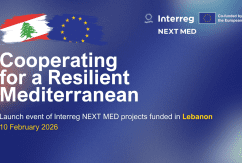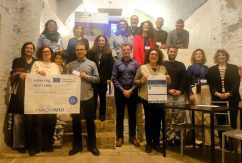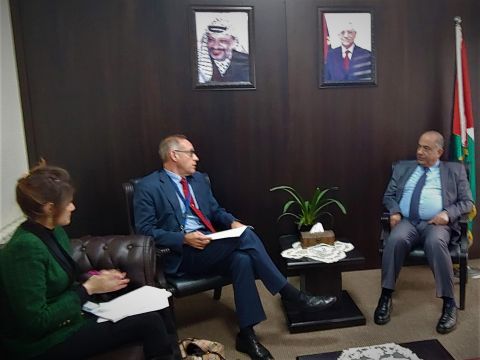Employability in the cultural and creative sectors in Arab Mediterranean countries: Med Culture study looks at the cases of Palestine, Egypt, Tunisia and Morocco

The EU-funded Med Culture programme published a study on Employability in the cultural and creative sectors in Arab Mediterranean countries with a focus on Palestine, Egypt, Tunisia and Morocco.
One of the main purposes of this study is to provide the conceptual and policy framework for understanding the creative economy, in order to identify major obstacles to employment and employability in the cultural and creative sectors in four Arab Mediterranean Countries: Palestine, Egypt, Tunisia and Morocco.
It seeks to identify the main obstacles facing job creation in these sectors, and assess gaps between the supply of skills (by universities and training centers) and their demand (by the labour market). To what extent are employment policies and Active Labor Market Programs [ALMP] in these countries capable of reducing the mismatch in these areas and supporting youth employability?
Med Culture is an EU-funded regional programme that kicked off in February 2014 with the aim of sustaining the creation of institutional and social environments to support culture as a vector for freedom of expression and sustainable development. This should be accomplished by reinforcing the capacities of the public and private cultural sectors as vectors for democratisation, and economic and social development for societies in the Southern Mediterranean.
Med Culture is part of the regional programme “Media and culture for development in the Southern Mediterranean” which has been allocated a total budget of EUR 17 million over a four-year period, of which EUR 9 million is for the award of grants on a co-financing basis, and EUR 8 million for one capacity-development mechanism on media (Med Media) and one capacity development mechanism on culture (Med Culture).
Read more
Med Culture website and Facebook page
Media and Culture for Development in the Southern Mediterranean Region Programme –project fiche
Related news
Newsletter
Subscribe to receive our latest updates
News alerts
Personalise your news alerts subscription
© This project is funded by the European Union, 2026
The information on this site is subject to a
disclaimer
and protection of
personal data .





























 Syria
Syria 





